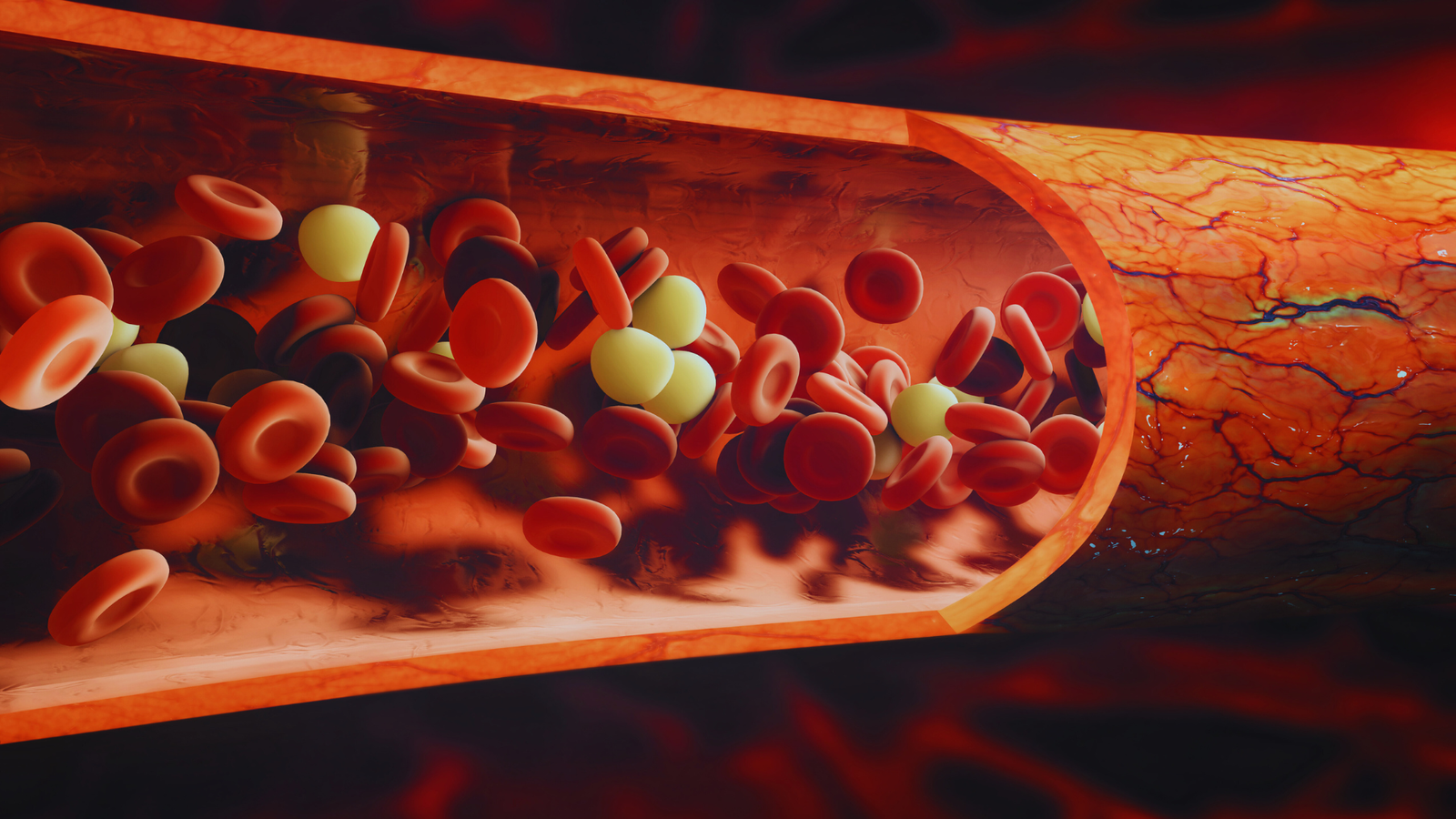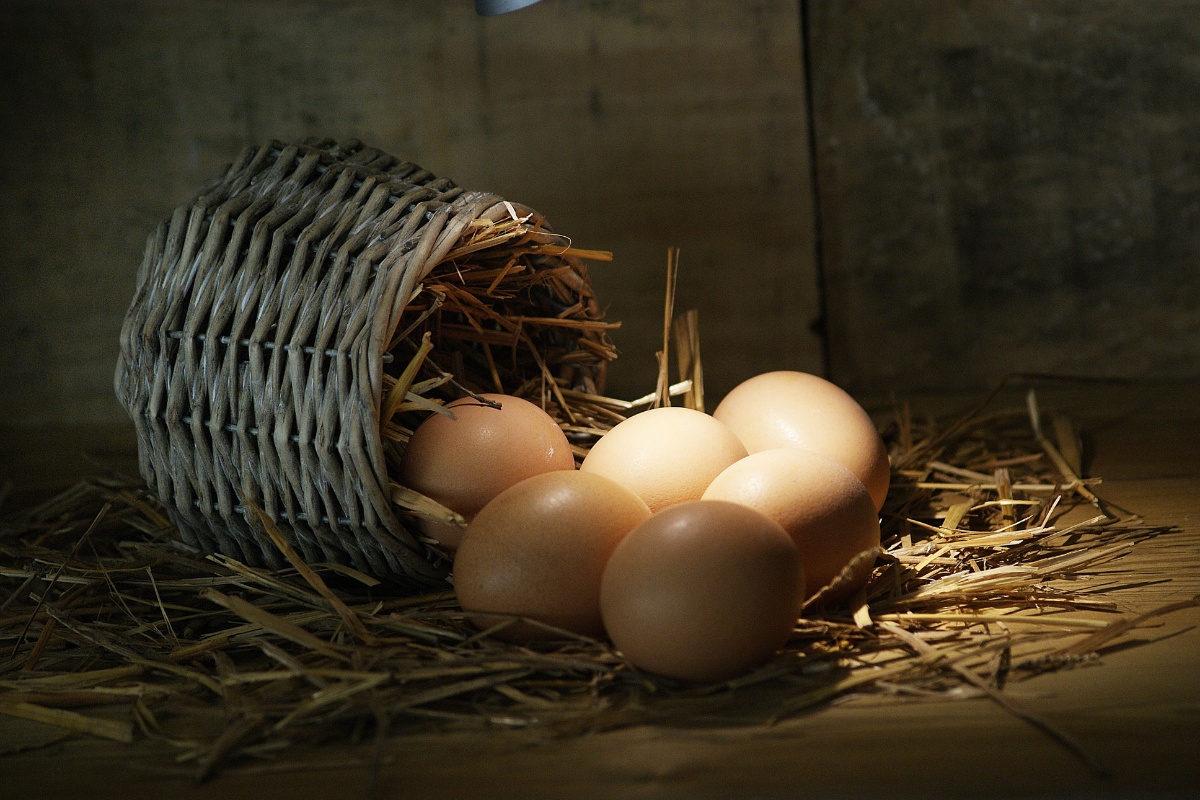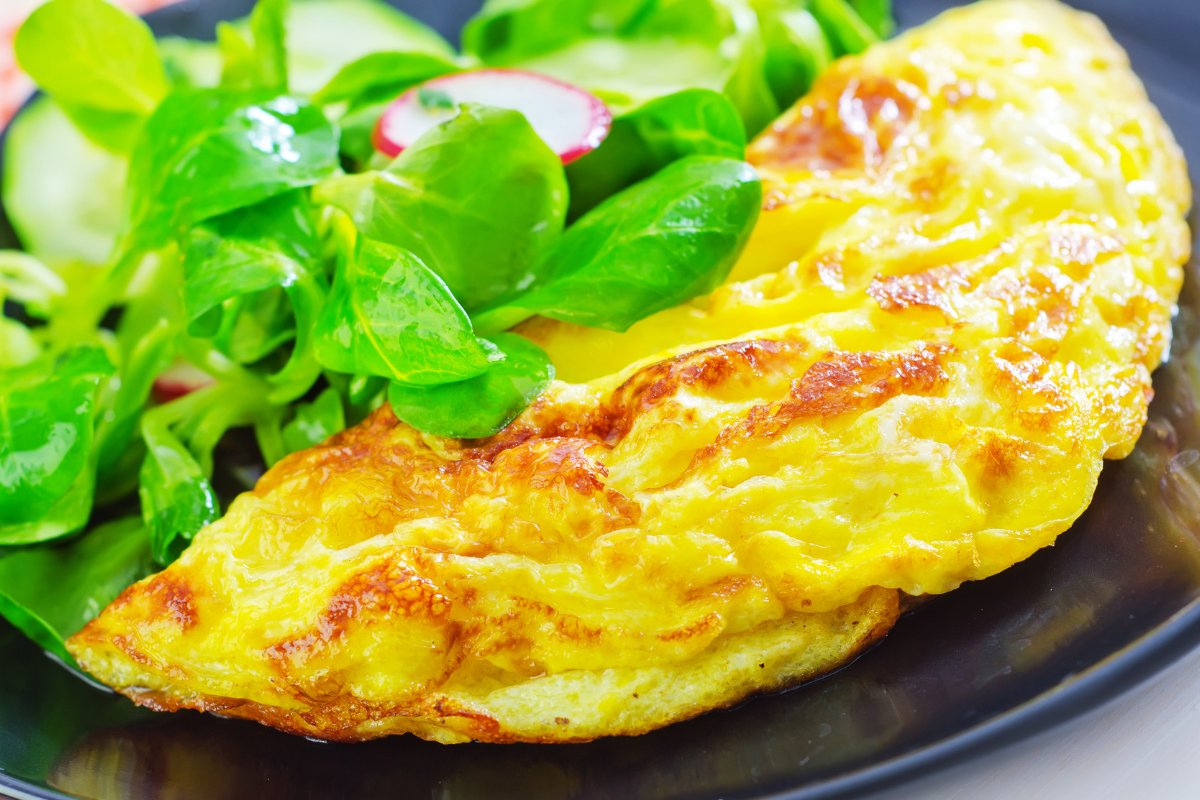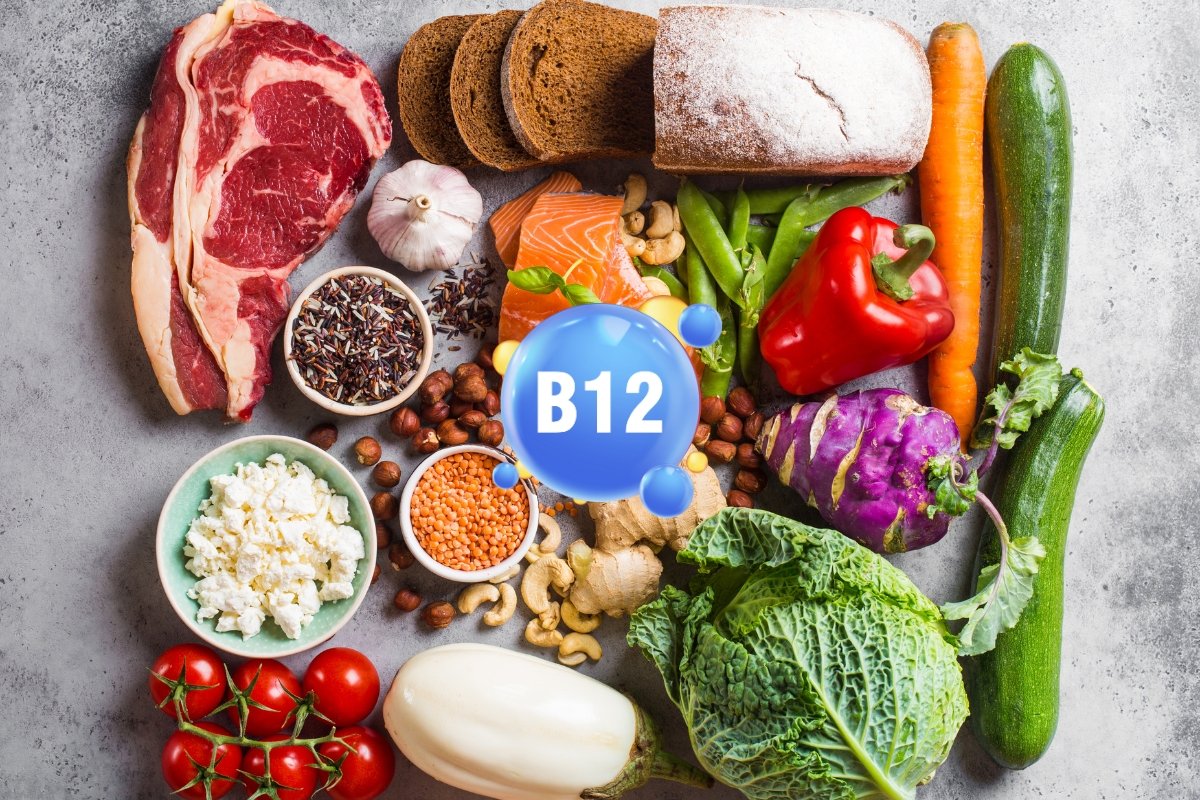Red blood cells (RBCs) are essential for life. They carry oxygen from the lungs to every cell in the body and remove carbon dioxide, a waste product of metabolism. Without adequate RBCs, your body can’t get enough oxygen, leading to fatigue and other health problems.
Maintaining healthy RBCs requires proper nutrition. Some foods promote RBC production, while others can impede it. This article explores the foods that help red blood cell formation and the ones you should avoid.
What is Red Blood Cell Formation?
Red blood cell formation, also known as erythropoiesis, occurs in the bone marrow. This complex process is regulated by the hormone erythropoietin, which is produced by the kidneys.
Several nutrients are crucial for erythropoiesis, including iron, vitamin B12, folic acid, vitamin B6, vitamin C, and copper.
Foods that Promote Red Blood Cell Formation
Iron-Rich Foods
Iron is a key component of hemoglobin, the protein in RBCs that carries oxygen. There are two types of dietary iron: heme iron (found in animal products) and non-heme iron (found in plant-based foods).
- Red Meat: Beef, lamb, and liver are excellent sources of heme iron. These foods provide highly bioavailable iron that the body absorbs efficiently.
- Poultry and Fish: Chicken, turkey, and fish like salmon and tuna are also good sources of heme iron.
- Leafy Greens: Spinach, kale, and Swiss chard are rich in non-heme iron. Pair them with vitamin C-rich foods to enhance absorption.
- Legumes: Beans, lentils, chickpeas, and peas are plant-based sources of iron.
- Fortified Foods: Many cereals and bread are fortified with iron, making them a convenient option.
Vitamin B12-Rich Foods
Vitamin B12 is crucial for DNA synthesis in RBCs and maintaining nerve health. It’s primarily found in animal products.
- Meat and Poultry: Beef, liver, chicken, and turkey are rich in vitamin B12.
- Fish and Shellfish: Salmon, trout, tuna, and clams provide significant amounts of vitamin B12.
- Dairy Products: Milk, cheese, and yogurt are good sources of this vitamin.
- Eggs: Eggs, especially the yolks, contain vitamin B12.
- Fortified Foods: Plant-based milks, cereals, and nutritional yeast often have added vitamin B12.
Folate (Vitamin B9)-Rich Foods
Folate is essential for DNA synthesis and repair, which is vital for RBC production.
- Leafy Greens: Spinach, kale, and romaine lettuce are excellent sources of folate.
- Legumes: Beans, lentils, and peas are rich in folate.
- Citrus Fruits: Oranges, lemons, and grapefruits provide a good amount of folate.
- Avocado: This nutrient-dense fruit is a great source of folate.
- Fortified Grains: Many breads, cereals, and pastas are fortified with folic acid, the synthetic form of folate.
Vitamin B6-Rich Foods
Vitamin B6 is important for hemoglobin production and overall RBC health.
- Poultry: Chicken and turkey are excellent sources of vitamin B6.
- Fish: Salmon and tuna are rich in vitamin B6.
- Whole Grains: Brown rice, oats, and whole wheat contain vitamin B6.
- Nuts and Seeds: Sunflower seeds, sesame seeds, and pistachios provide vitamin B6.
- Bananas: This fruit is a convenient and nutritious source of vitamin B6.
Vitamin C-Rich Foods
Vitamin C enhances the absorption of non-heme iron and plays a role in maintaining healthy blood vessels.
- Citrus Fruits: Oranges, grapefruits, lemons, and limes are packed with vitamin C.
- Berries: Strawberries, blueberries, and raspberries are excellent sources of vitamin C.
- Bell Peppers: Red, green, and yellow bell peppers are rich in vitamin C.
- Broccoli: This cruciferous vegetable provides a good amount of vitamin C.
- Tomatoes: Fresh tomatoes and tomato juice are rich in vitamin C.
Copper-Rich Foods
Copper is a trace mineral that helps in iron absorption and the formation of hemoglobin.
- Shellfish: Oysters, crabs, and shrimp are rich in copper.
- Nuts and Seeds: Almonds, cashews, and sunflower seeds contain copper.
- Whole Grains: Whole wheat and quinoa are good sources of copper.
- Dark Chocolate: This delicious treat also provides copper.
- Organ Meats: Liver and kidney are excellent sources of copper.
Foods to Avoid for Healthy Red Blood Cells
While many foods promote RBC health, some can interfere with their production or function. Here are foods and substances to avoid or limit:
Alcohol
Excessive alcohol consumption can impair the production of RBCs and lead to anemia. It affects the bone marrow’s ability to produce healthy cells and interferes with the absorption of nutrients like vitamin B12 and folate.
High Calcium Foods
Calcium can inhibit iron absorption, particularly non-heme iron from plant sources. While calcium is essential for bone health, it’s important to balance its intake with iron-rich foods.
- Dairy Products: Milk, cheese, and yogurt are high in calcium.
- Calcium Supplements: Be cautious with calcium supplements if you are trying to boost your iron levels.
Phytates
Phytates, found in whole grains and legumes, can bind to iron and inhibit its absorption. While these foods are nutritious, it’s beneficial to soak or ferment them to reduce phytate content.
- Whole Grains: Brown rice, whole wheat, and oats contain phytates.
- Legumes: Beans, lentils, and chickpeas have phytates.
Oxalates
Oxalates can also bind to iron and reduce its absorption. They are found in certain vegetables and nuts.
- Spinach: Despite being high in iron, spinach also contains oxalates.
- Beets: Beets and beet greens have high oxalate content.
- Nuts: Almonds and cashews contain oxalates.
Tea and Coffee
These beverages contain tannins, which can inhibit iron absorption if consumed in large quantities or close to mealtimes.
- Black Tea: Contains high levels of tannins.
- Coffee: Regular consumption can reduce iron absorption.
Soda and Sugary Drinks
- These beverages can interfere with nutrient absorption and lead to an unhealthy diet overall. They are typically high in sugar and low in essential nutrients.
High-Fiber Foods
While fiber is important for digestive health, too much can inhibit the absorption of iron and other nutrients.
- Bran: High-fiber cereals and bran products can interfere with iron absorption.
Tips for Enhancing Red Blood Cell Production
- Combine Iron Sources with Vitamin C : Eating iron-rich foods with vitamin C can significantly enhance iron absorption. For example, pair spinach with bell peppers or drink orange juice with iron-fortified cereal.
- Cook with Cast Iron : Cooking in cast iron pans can increase the iron content of your food, especially when cooking acidic foods like tomato sauce.
- Eat a Balanced Diet : Ensure your diet includes a variety of foods to get all the essential nutrients needed for RBC production. Balance animal and plant-based sources of iron and include foods rich in vitamins B12, B6, folate, and C.
- Avoid Drinking Tea and Coffee with Meals : To maximize iron absorption, avoid consuming tea and coffee during meals. Instead, drink these beverages between meals.
- Limit Alcohol Consumption : Moderation is key when it comes to alcohol. Excessive drinking can hinder RBC production and nutrient absorption.
- Monitor Calcium Intake : Be mindful of calcium intake if you are trying to improve your iron levels. Don’t eliminate calcium-rich foods but balance them with iron-rich foods and avoid taking calcium supplements with meals.
Conclusion
Maintaining healthy red blood cells is essential for overall health and well-being. A diet rich in iron, vitamins B12, B6, folate, vitamin C, and copper supports RBC production.
On the other hand, excessive alcohol, high calcium foods, phytates, oxalates, tannins, sugary drinks, and high-fiber foods can impede this process.
By making informed dietary choices, you can enhance your red blood cell formation and support your body’s oxygen transport system, ensuring optimal energy levels and vitality.
Incorporate the right foods into your daily diet and be mindful of those that might hinder your efforts. This balanced approach will help maintain healthy RBC levels and contribute to your overall health.



